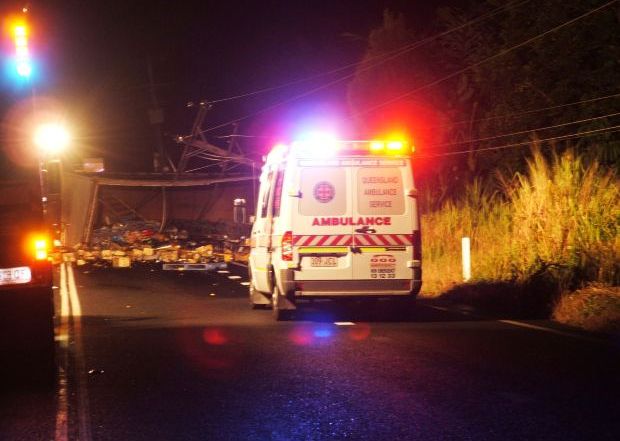Access to Justice Should Be An Election Issue
RESTRICTED ACCESS TO JUSTICE NEEDS TO BE PART OF THE ELECTION DISCUSSION
With Ontarians heading to the ballot boxes in less than a month, people are paying heightened attention to what the parties and candidates have to say on issues they care about. For many people, that means education, health care, jobs and environmental issues. Unfortunately, tort rights, thresholds and deductibles are probably not even on the radar, and understandably so. The reality is that most people don’t even know about these issues – and until they find themselves hurt in a car accident and face the shocking reality that insurance companies have the right to skim $30,000 off of money awarded to them for injuries, why would they?
But as an Ottawa personal injury lawyer firm, we see it, day in and day out. And we know that these arbitrary bars to recovery are just that. It’s downright unfair, and OTLA is taking a stand on our behalf this election to get the word out.
A quick primer: As it stands, Ontario has one of the most restrictive bars to suing in the motor vehicle accident context in all of North America. The hurdle is actually twofold – first, accident victims must meet what is known as the “verbal threshold” by proving that their injury is a “permanent, serious impairment of an important physical, mental or psychological function.” Even with this stringent standard met, the ultimate claim is still subject to a punishing $30,000 deductible: innocent accident victims are forced to hand that amount back to the insurance company, unless the award is over $100,000. The salt in the wounds is that when these cases go to trial, juries are not permitted to be informed of this fact as they reach their determinations.
The unemployed, retired, and children- all accident victims without income on which to base a loss of income claim- often fall into the under-$100,000 category, while still experiencing very significant injuries. All too often it is left to their lawyers to have to explain to them that it may not be financially worthwhile to pursue their very legitimate claim.
The costs – broadly conceived – of having a segment of the population unable to effectively exercise their legal rights are many and varied. At the philosophical level, perhaps the most persuasive argument for the importance of ensuring access to justice was put succinctly by the Chief Justice of our Supreme Court, Beverly McLachlin, who said: “The finest justice system in the world is a failure if people cannot use it.”
We have all seen the heartbreaking spiral that a motor vehicle accident can send some of our clients down. But in addition to the moral imperative, the pragmatic argument is that when people’s basic legal needs are not met, there tend to be increased (measurable) social costs. These can include higher universal healthcare costs as people deal with the physical and mental health impacts of unresolved legal issues, increased reliance on social assistance, the price of incarceration, decreased workforce participation, and higher rates of homelessness, addiction and other socially-costly impacts. It stands to reason that dismantling barriers, such as the threshold and deductible, that operate at the expense of our most vulnerable may in fact be cost-conserving from a broader fiscal perspective, as doing so has the potential to preempt these cascades.
Thankfully, OTLA is committed to raising these issues this election – and the message is starting to gain some traction: see Alan Shanoff’s recent Sun Media column, “Restricted Access to Justice”. The goal is to get the issue onto the agenda, and to ensure that whoever is leading the province after June 12th is primed to stand up for accident victims instead of the big auto insurance lobby, and seriously consider repealing the threshold and eliminating or reducing the deductible.
OTLA is hardly out of step with this position: The very same concerns were raised in 2007 by none other than Ontario’s former associate chief justice Coulter Osborne, who wrote in his report on the Civil Justice Reform Project:
Where applicable, this deductible is a tax on damages, obviously intended to lower loss costs and thus premiums by discouraging plaintiffs and their counsel from pursuing smaller claims. Put crassly, no one of sound mind is likely to pursue a $30,000 or $40,000 claim if $30,000 of it is to be deducted at the end.
…
I would urge the Superintendent to include in his deliberations what net benefit accrues from the existence of the verbal threshold in circumstances given the existence of the $30,000 deductible. If there are claims excluded by the verbal threshold that would not have been excluded by the deductible, is it in the public interest that such claims be excluded? If, for example, claims of children or the unemployed elderly are excluded, considerable thought might be given to the integrity of that exclusion.
By Frank McNally and Jenni Lee Campbell, and republished here with the permission of the Ontario Trial Lawyers Association.






Follow Us